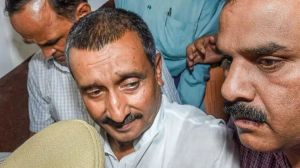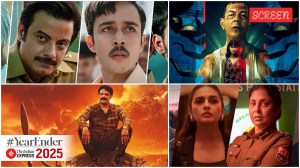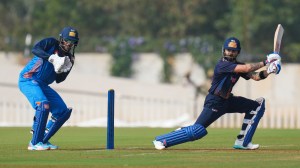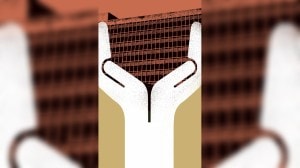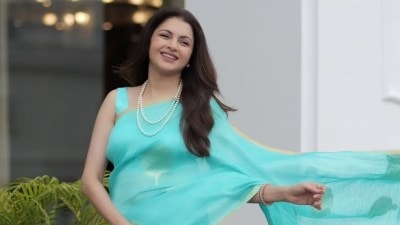Stay updated with the latest - Click here to follow us on Instagram
Coke’s New High
With his maiden appearance on Coke Studio,music maestro AR Rahman wants to further his celebration of the diversity of musical genres and fruitful collaborations
Nearly a decade ago,when composer and theatre director Andrew Lloyd Webber asked AR Rahman to tell him a story,he had none to share. I said I am not a story guy,I am just a musician, he recollects the event as some sort of an epiphanic moment. Then it struck him that a creative person neednt stick to only what he usually does. It sparked the composers quest to broaden his horizons and approach his craft with renewed world vision. This universal,all-pervasive quality can be felt in his music,which is a melting pot of sounds. The composer attributes this to be the primary reason why he agreed to do Coke Studio@MTV,whose ambitions in a broad sense,are the same as his: a celebration of the diversity of musical genres,a blend of East and West with the soul of world music.
I like the concept of Coke Studio,its unusual musicality. Moreover,it is well produced and its watched in so many countries, says the composer,whose Coke Studio debut will mark his return to non-film music since his last attempt,Connections,an album that was released in 2008.
The composers past record reveals that he is comfortable with collaborations too. From music icons such as Nusrat Fateh Ali Khan and Mick Jagger to international pop musician Dido,he has worked with several Indian as well as international artistes. Over the years,my whole process of music making has changed. By collaborating with others,I have grown more confident and trusting towards fellow musicians, he says.
For Coke Studio,he has a set of six songs. These songs celebrate cultures,under the overarching theme of happiness. Not the jumping kind,but internal happiness and content, he says. Apart from Hindustani classical singer Ghulam Murtaza Khan,other artistes who will feature in the Rahman episode include a Jordanian singer and a nun from Nepal. His band for the show comprises instrumentalists such as Sivamani,Keba Jeremiah and Prasanna Ramaswamy. The episode will celebrate the coming together of two different cultures. For example,the Jordanian singer and our Hindi poetry. This apart,we had fun,there are taranas going on with a rap, he says.
Rahman is known to attach a lot of importance to the sound and texture of a song. The composer who worked with Grammy award-winning music producer and mixer Steve Fitzmaurice for the show confesses that he can get obsessive over the arrangement of a song. Earlier,people used to play for recording till they could take a breath. Now,because of computers and loops,you just drag and drop. You dont feel the sound. When you hear the music,you feel it is underplayed. The sound tires you and thats the thing I want to avoid in my music. Thats why we go through it multiple times. I even take three days of break and come back to it, he says.
He seems to be content with the results in Raanjhanaa,after a tepid response to Jab Tak Hai Jaan,while his next releases are Imtiaz Alis Highway,Bharat Balas Maryan and a biopic of a Tamil star.
As someone who is regarded as having brought a new outlook to Hindi film music,it is hard not to ask him what he thinks of the current generation. He insists that composers should have their distinct sound. A lot of programmers,like me,have become composers now. It is,at times,difficult to differentiate one from the other. I really like Amit Trivedi and Pritam. Their sound has come of age. At times,I think I will find it hard to keep up,but then theres always something that has not been done, he says.


